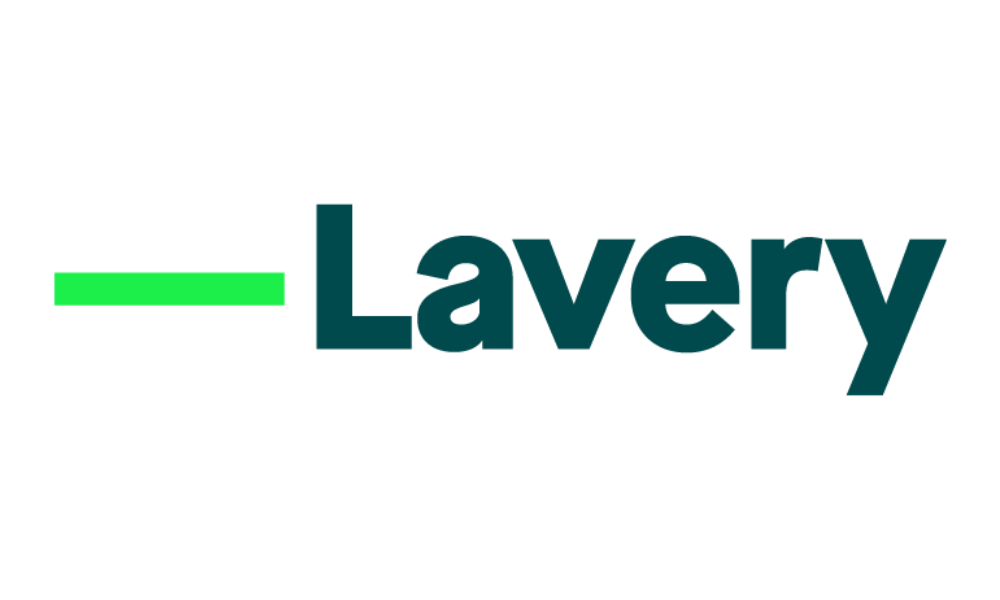CHANGE IS UPON US.
We are living in the age of information. This means that the ability to find data from a variety of sources is infinite — which has affected professional advisors and the services they offer.
The challenge for lawyers and law firms is to define what providing value to a client means in this age of free information. No lawyer likes to provide free advice or have to defend the cost of services; yet lawyers justify their work right down to the six-minute increments in which they often bill. In recent years the billable hours concept has been under attack, and there has been a push for illusory “value-added” services.
Some law firms have attempted to embrace the changes in the industry by broadening their services to offer alternative kinds of advice, including crisis communications, and/or by partnering with legal outsourcing providers.
At McMillan LLP, we offer PreFix, which enables competitive pricing for basic tasks including due diligence and contract review. We have also established an affiliate public affairs firm, McMillan Vantage, to provide strategic advice. Most of the advisors at McMillan Vantage are neither employees of the law firm nor lawyers; in a way, this is an admission that professionals other than lawyers can be effectively used to cover all areas of client exposure.
Providing seamless professional advice is a lofty goal. In my own career, I have co-managed files that have grappled with a large number of legal, business, community and political issues. One file I worked on for several years required the constant advice of not only lawyers, but accountants, management consultants, risk mitigation experts and government advisors.
I will never forget the time a senior legal executive at one of the big Canadian banks told me that he hates it when his external counsel act as if they understand the bank’s business. “Lawyers should do what they are paid for: provide legal advice,” he said.
Is that true? Well, not completely. More and more, general counsel of large companies are looking for guidance to help them navigate sensitive situations by understanding the legal, business, marketing and political impact of a particular challenge or decision. Though lawyers typically understand a large set of issues, the most successful ones are those who know how to engage other professional advisors to provide comprehensive advice.
Relationships between the various professionals can create efficiencies on files; in other words, playing nice in the sandbox produces better results. And dynamics of a group can be influenced by the sex of participants; for example, Professor Aaron Dhir of Osgoode Hall Law School has researched the effects of quotas for female directors on public company boards in Norway. His findings on the effect of such quotas on group dynamics include:
– Enhanced dialogue and a more informed collective view;
– Better decision-making, including recognizing the value of dissent in reaching decisions; and
– More effective risk mitigation.
Having women in leadership roles is not a guarantee that all of the above will occur. However, a 2009 Forbes article suggests that women, who network and communicate using different styles than men, typically build more lasting relationships. Also, as outlined in a 2015 article in Psychology Today, gender research has shown that females have a stronger capacity for empathy than men. In building relationships, this propensity for empathy can be handy.
Wouldn’t it be great if lawyers became known for their ability to efficiently manage all professional advisors and deliver seamless advice? And dare I suggest that law firms utilize the skills of their female practitioners in leading the charge on this? Then again, I don’t want to get too far ahead of myself …
Leila Rafi is a partner in the Capital Markets and M&A Group at McMillan LLP.





